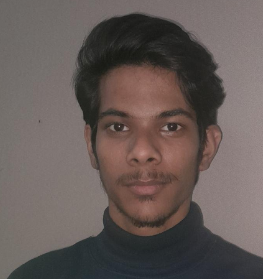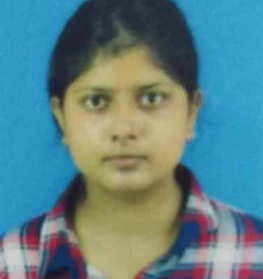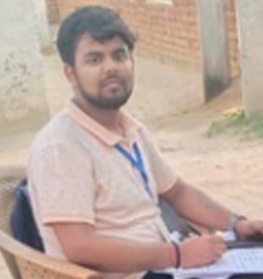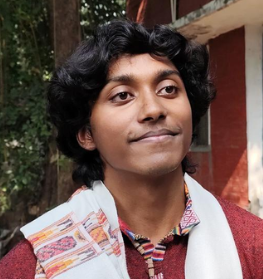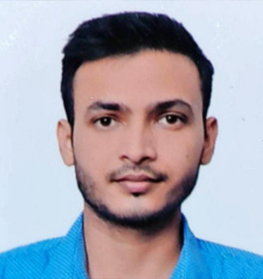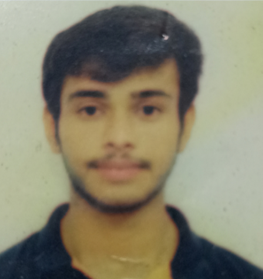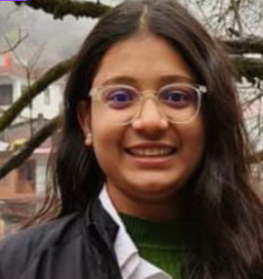- shdrfoundation@gmail.com
- Delhi
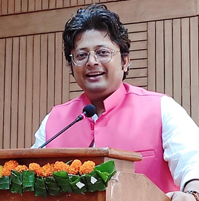
Prof. Sanjoy Roy
Director, CIHS
The Centre for Inclusion and Harmony Studies (CIHS), a unit of SHD Research Foundation has two-fold objectives. Firstly, it aims to comprehend the life worlds of socially, economically, linguistically, racially and other forms of marginality in India and elsewhere. Secondly, it endeavors to formulate advisory and policy frameworks based on ‘Diversity, Equity, Inclusion and Harmony (DEIH) Index’ to foster inclusion and harmony as well as mainstreaming the marginalized people in all domains of life. The center orchestrates a multifaceted array of programs, including research initiatives, seminars, workshops, publications, and capacity-building programs. Through these activities, we aim to identify policy lacunae and devise measures to foster an inclusive and harmonious societal fabric.
Winter Internship Projects: (2024-25)
Project Title: Understanding Caste and Race in the Contemporary World
Principal Investigator: Dr. Neha Singh
Research Associate: Eshika N.
Interns: Ishika Rani and Khushi Dahiya
About the Study: This research project investigates the intersectionality and comparative analysis of caste and race, two critical social categories associated with vulnerability and resilience. Historically, caste discrimination in India and racial discrimination in the West (e.g., the USA and UK) became prominent during the colonial period, but their complexities have intensified globally. Recent cases, such as caste-related incidents in the USA involving tech giants like Cisco and Google, underscore how caste discrimination has transcended India’s borders. The study addresses epistemological concerns in understanding caste beyond colonial frameworks and addresses the question of comparability between these two categories.
Project Title: Understanding Religious Conversion in Contemporary India
Principal Investigator: Dr. Sanjeev Kumar
Interns: Kirubanithi (Chidambaram) – Census data and fieldwork, Bhoomi Adya, Lavanya Bahl
About the Study: This research project examines the complex issue of religious conversions in India and their implications for the reservation policy, focusing on Dalit communities who convert to Islam and Christianity. While India has a rich history of conversions due to various reasons, including belief, marriage, and coercion, the persistence of caste discrimination within these religions has fueled demands for extending Scheduled Caste (SC) reservation benefits to converted Dalits. Controversial recommendations, such as the Justice Ranganath Commission’s suggestion for a 10% SC reservation for converted Muslims and Christians, have faced significant opposition from Hindu SC groups, sparking debates on constitutional, social, and political grounds. By analyzing historical, constitutional, and socio-political perspectives, the research highlights the philosophical and practical concerns relating to conversion and reservation policy.
Project Title: Indian Women: Legends, Leadership, and their Legacies
Principal Investigator: Dr. Anselm Minz and Dr. Neha Singh
Intern: Harsh Bodwal
This research project examines the extraordinary contributions of Indian women throughout history, challenging colonial narratives that misrepresented their roles and status. The study critiques the orientalist depictions of Indian women as weak and servile, propagated during British rule to undermine Indian civilization's intellectual and cultural richness. Drawing on historical, philosophical, and literary sources, the project highlights the legacies of legendary figures such as Savitri, Sita, Draupadi, Gargi, and Maitreyi, whose wisdom, courage, and justice shaped Indian philosophy, culture, and governance.
The research further explores the leadership of iconic queens like Rani Durgavati, Rudrama Devi, and Rani Lakshmibai, Ahilya Bai Holkar and others emphasizing their bravery, strategic intelligence, and diplomacy in male-dominated societies. This study seeks to uncover how these figures continue to inspire modern narratives of leadership, inclusivity, and resilience.
Project Title: Socio-Economic Profiles of DNTs (De-notified Tribes) in Delhi
Principal Investigator: Mr. Deepak Kumar and Dr. Sanjeev Kumar
Research Assistant: Rabit Kumar
Interns: Nauman, Harshit, Trilok, Ishan Saxena, Mayank Anand, Fauziya
This research project investigates the socio-economic realities and cultural practices of denotified tribes (DNTs) in Delhi, focusing on communities like the Sansi, Sikligar, Sapera, Bagaria, Giraha and other 26 DNTs of delhi. These historically marginalized groups face significant challenges, including caste-based discrimination, poor living conditions, lack of access to basic amenities like water, sanitation, and healthcare, and limited educational and economic opportunities. Despite decades of settlement in Delhi, these communities remain on the periphery of urban development and governance.
Field observations highlight issues such as unsafe housing, reliance on informal occupations (e.g., waste management, traditional crafts), and mistrust toward governmental institutions due to historical stigmatization. Social dynamics within these communities reflect internal caste hierarchies, land conflicts, and barriers to political participation. Additionally, women face distinct challenges, including early marriages, lack of access to healthcare, and minimal representation in the workforce.
Drawing on ethnographic methods, this study aims to provide actionable insights into improving infrastructure, policy frameworks, and social inclusion for DNTs in Delhi. By comparing these findings to national trends, it highlights systemic gaps while advocating for targeted welfare policies, education access, and the preservation of cultural heritage to empower these communities.






